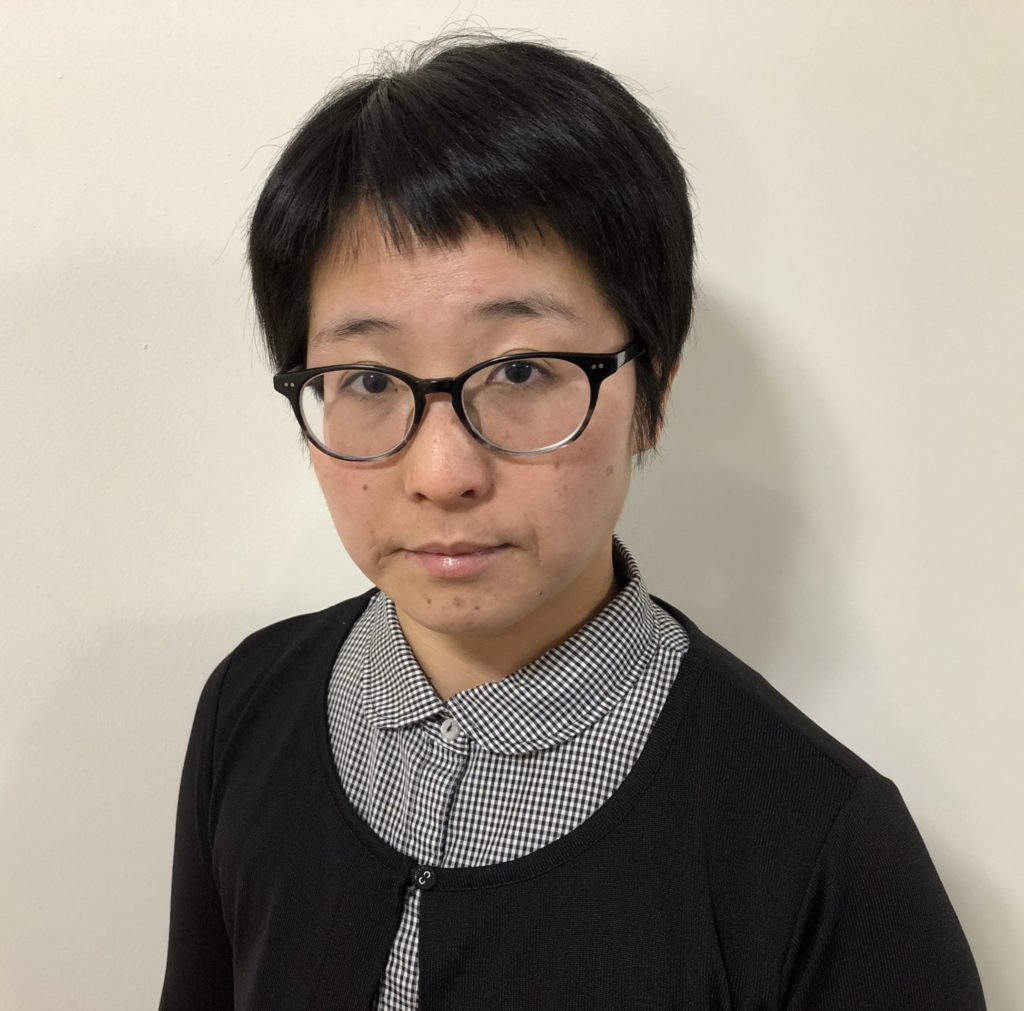I originally learned English as part of the standard Japanese high school curriculum and first visited Australia for a one-month English program at university. Being immersed in a new culture, even for a very short time, was eye opening for me, particularly the cultural diversity and free expression of that diversity – I felt as if I could breathe more easily in Australia. After this experience, I decided to return to Australia as an exchange student at ANU. While studying, I took a course on cross cultural communication, and I think that it was the first spark of my interest in the world of translation and interpreting (T&I) particularly as they apply to intercultural communication. I was fascinated by the interactions of different world views and value systems and how language facilitates the phenomena.
I returned to Japan to complete my Bachelor of Arts (Australian History). I then decided to move to Australia for lifestyle reasons. Looking back, I realise how lucky I was to move into a new country and already have a support network around me. Even so, I initially struggled to find my place in Australia as the reality of living and working in an environment where I was often culturally and linguistically distinct from those around me sank in. I felt the social position I had unconsciously enjoyed and taken for granted as a member of the majority in Japan had been replaced by a sense of being marginalised by the majority in Australia. I spent the first few years in Australia searching for my identity and new place (and career) in Australian society while I worked as a private Japanese tutor. I often wondered, “How can I be perceived as an equal member of society, and be seen as a human who has the same value as anyone else instead of an outsider?”

My experience as a language teacher and migrant eventually taught me the important role that translation has to play in creating a truly egalitarian multicultural society at all levels. I decided to pursue this interest by undertaking a Master of Translating and Interpreting at RMIT university. While there, I met many scholars and professionals who helped to start shaping the sense of myself as a professional translator and as an intercultural person with a purpose. Further, the time studying at RMIT grew my ideas around the T&I industry and its relation to the wider societal dialogue and challenges.
Upon completion of my master’s degree in 2016, I became an accredited English-into-Japanese translator and have been practicing since. I have also embarked on the journey to a PhD in linguistics (translation studies) which I hope to complete by … sometime soon ?. My PhD project looks into how translators negotiate between their subjectivity and ethical expectations. I’m still very early in my professional and research journey in translation, but it has been always underpinned by my earlier questions: how can we build a kinder and more egalitarian multicultural society and what role can each of us play to achieve this? I believe our work as translators and interpreters (although I am not an interpreter myself…) helps bring us closer to the promise of a truly multicultural society, the ideal of which brought me to Australia.
Maho Fukuno is a NAATI-Certified Translator from English into Japanese with a Master of Translating and Interpreting, and currently completing a PhD in linguistics (translation studies).
